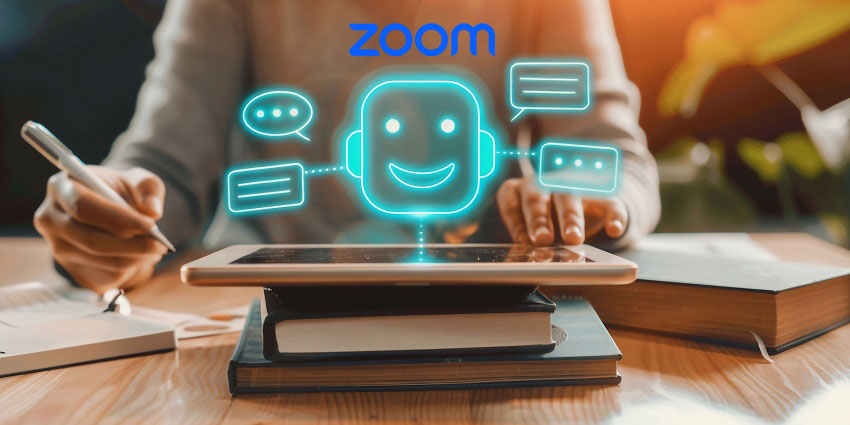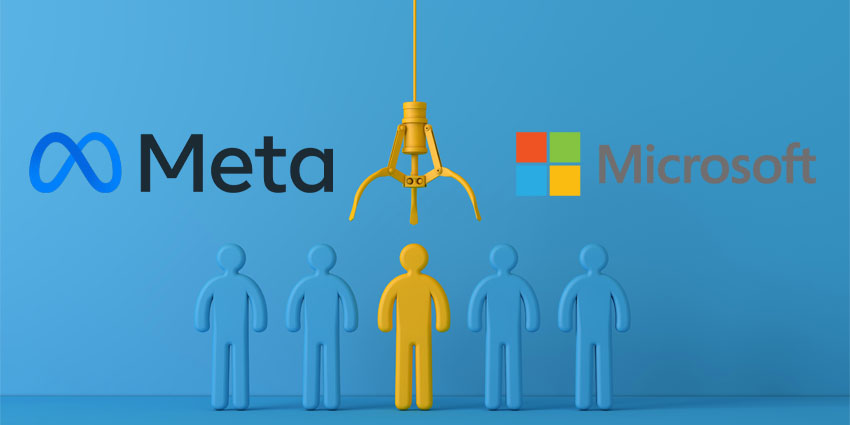Microsoft is extending its Copilot 365 AI with ChatGPT plugins and Teams messages extensions.
Announced as part of this week’s Microsoft Build update, plugins for Microsoft 365 Copilot will also include Bing plugins and Power Platform connectors. Developers can build new 365 plugins with the Microsoft Teams Toolkit for Visual Studio Code and Visual Studio.
John Roach, CTO of Digital Advisory Services at Microsoft, wrote in an accompanying blog post:
Today, Microsoft is adopting the same open plugin standard that OpenAI introduced for ChatGPT, enabling interoperability across ChatGPT and the breadth of Microsoft’s copilot offerings. That means developers can now use one platform to build plugins that work across both business and consumer surfaces, including ChatGPT, Bing, Dynamics 365 Copilot, Microsoft 365 Copilot and Windows Copilot.”
The feature is now in private preview, and more than 50 plugins via partners will be available for customers as part of the early access programme. The ambition is that thousands of plugins will be ready by the general availability of Copilot.
Windows 11 to be Integrated with Copilot
Microsoft also announced at Build that it is adding Copilot to Windows 11. Windows Copilot will be integrated directly into Windows 11. It will be usable via the taskbar across all apps and programmes.
The Windows Copilot can condense and summarize content a user might read in an app, edit it, or explain it. It’s similar in function to the Bing dialogue box. Microsoft does not intend the service to replace the Windows 11 search bar. There will be a separate Copilot button alongside the search bar instead, which has drawn parallels with productivity assistant Cortana and Windows 10.
“Windows is the first PC platform to provide centralized AI assistance for customers,” said Panos Panay, Chief Product Officer of Windows and Devices at Microsoft. “Together, with Bing Chat and first- and third-party plugins, you can focus on bringing your ideas to life, completing complex projects and collaborating instead of spending energy finding, launching and working across multiple applications.”
Copilot and AI Continue Their Buzz
AI is, arguably by a substantial margin, the UC and collaboration industry’s biggest talking point in 2023, and Copilot will be one of Microsoft’s most significant products this year too.
Microsoft outlined Copilot’s productivity-boosting features for PowerPoint and Excel in its initial announcement in March. It has since presented the AI-powered solution’s integration with SharePoint and Microsoft Viva. Copilot capabilities were announced for OneNote, Outlook and Whiteboard a few weeks ago, meaning Microsoft has implemented its Copilot AI across its full 365 suite.
Satya Nadella, chairman and CEO at Microsoft, has spoken passionately about Copilot’s potential and previously commented: “This new generation of AI will remove the drudgery of work and unleash creativity. There’s an enormous opportunity for AI-powered tools to help alleviate digital debt, build AI aptitude and empower employees.”
Microsoft also recently expanded its Copilot Early Access Programme to 600 businesses. Microsoft tested Copilot via invitation-only previews between March and May with 20 business customers. It has now grown to an initial wave of 600 after “overwhelming feedback” (said Jared Spataro, CVP of Modern Work and Business Applications at Microsoft) from those businesses with preview access.
A Busy Build for Microsoft
It has been a momentous Build for Microsoft, with several significant announcements impacting the UC and collaboration world.
Teams is introducing immersive spaces to enable users to make meetings more engaging by injecting “a sense of natural co-presence”. Powered by Mesh, Microsoft’s holographic virtual collaboration platform, users can interface with the immersive spaces feature through either a PC or VR headset. Users can connect with other participants regardless of which Teams meeting format they use, including video, as a virtual avatar or in the immersive space directly.
The Build update also revealed that Avatars for Microsoft Teams would be generally available for 365 Business and Enterprise licenses beginning this week via the Teams desktop app on Windows and Mac. As the Build report describes, these virtual avatars intend to offer an alternative to the current “binary” option of video or no video. The solution encompasses customizable avatars and reactions.
Microsoft is also launching Microsoft Edge Workspaces, a collaborative browsing solution for enterprise in which users can share, organize and manage the same set of browser tabs. Edge Workspaces will be made generally available within the next few months.
Microsoft will also launch Microsoft Edge for Business, a browser model for businesses integrated with Copilot. The solution intends to become the standard browser experience for businesses and to address the evolving needs of businesses and the security landscape during the rise of hybrid and remote working.







